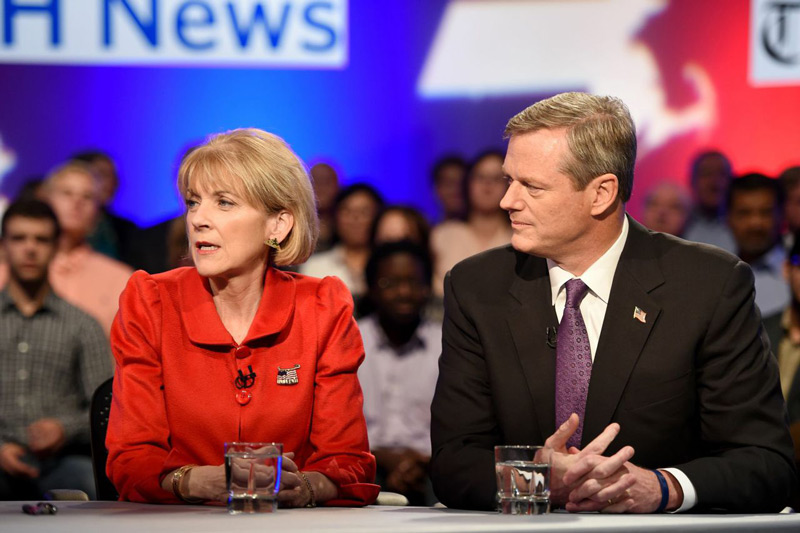Entries in MassPoliticsProfs by MassPoliticsProfs
Highway pollution is dangerous in ways most of us haven’t even heard about. Our research team looked at a population in Somerville and showed that exposure to ultrafine particles characteristicof motor vehicles--and hence concentrated along highways--was associated with elevated blood biomarkers.
From the perspective of sharing funds with more people (and, especially, from the point of view of reducing inequality and helping people make it into the middle class) the choice of supporting the EITC over the Film Tax Credit is a lay-up. So what's going on? Why aren't working families who could benefit from the EITC more visible than Film Tax credit supporters? At least six explanations stand out:
The following Guest post is by Ray La Raja of UMass, Amherst. Professor La Raja has written extensively about the impact of the changing campaign finance environment on the parties. He is the co-author with Brian Schaffner of "When Purists Prevail: How Campagn Finance Reform Polarizes American Legislatures" (Forthcoming from University of Michigan Press).
The recent bipartisan bill passed by Congress, known by insiders as CRomnibus, contained a mischievous rider that raised the hackles of political reformers. The rider raised significantly the federal contribution limits to parties. Reform advocates like Fred Wertheimer of Democracy 21 called it “the most corrupting campaign finance legislation ever enacted.” I disagree. In my view it improves on a campaign finance system that had virtually collapsed in the years since the McCain-Feingold reforms passed in 2002.

Much was made of the fall 2013 report that Massachusetts students ranked first in the nation in standardized test results for various core subjects. While those results are certainly impressive, they also serve to mask real educational deficiencies in the Commonwealth -- areas where Massachusetts in fact lags far behind many other states. More exactly, the performance of Massachusetts students in wealthier schools and districts drives much of the quantitative success on standardized tests and our high test scores in K-12 contrasts mightily with the relative paucity of state funding and support for education in the early years and post-high school.


